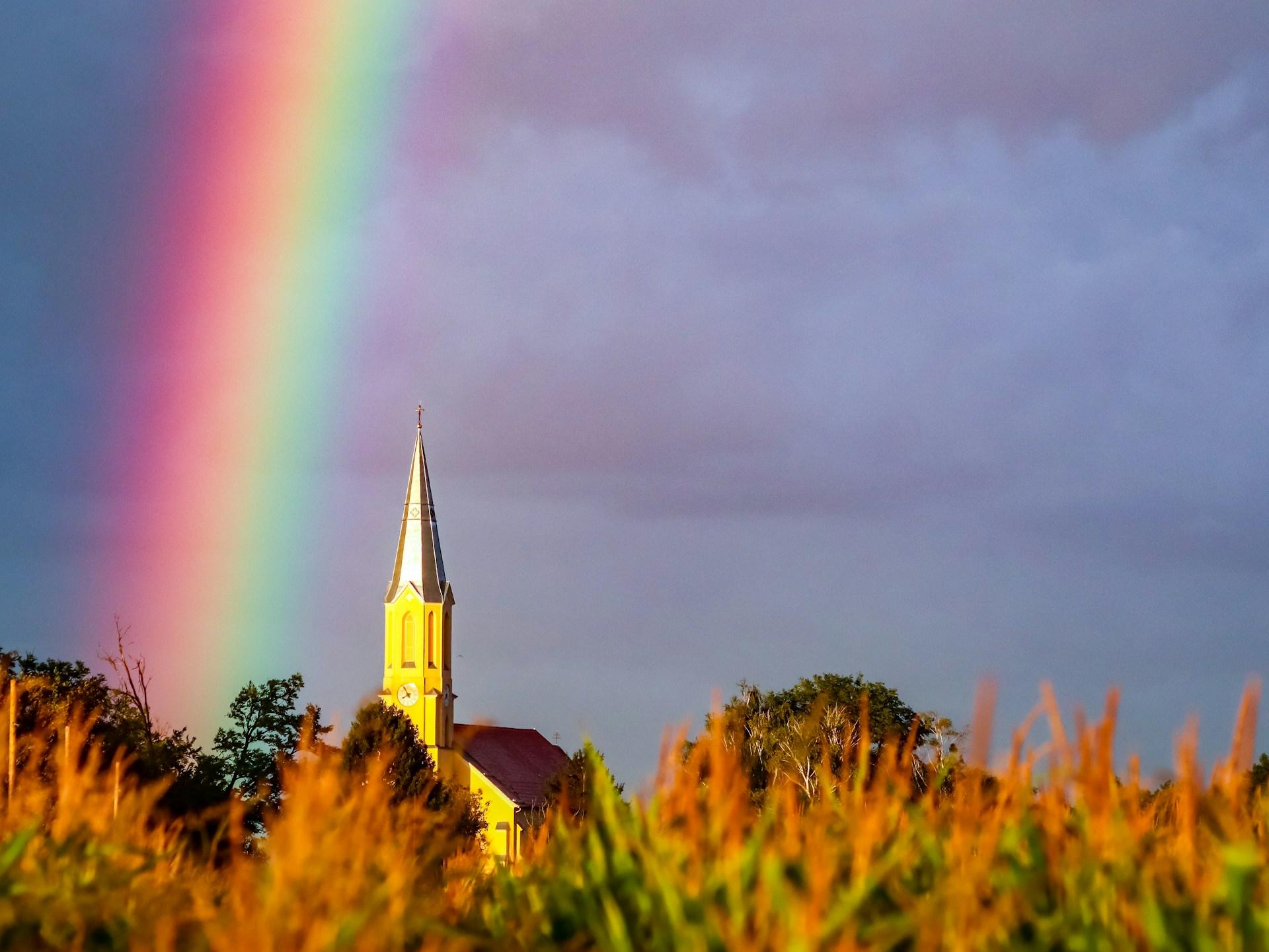Coincidence. Or not. But in the midst of the Sede Vacante, on April 23, the German Bishops’ Conference (DBK) and the Central Committee of German Catholics (ZdK) jointly published a pamphlet titled, “Blessings Strengthen Love. Blessings for Couples Who Love Each Other.”
According to the German Episcopate, this document adopts “guidelines for pastoral workers on the practice of blessing couples not married by the Church.”
“The Church recognizes and offers support to couples united in love,” the document states.
“Therefore, the practice, already developed in many places, of accompanying divorced couples who have remarried, couples of all gender identities and sexual orientations, and couples who, for other reasons, do not wish or cannot receive the sacrament of marriage, with a blessing, must be strengthened,” notes the DBK.
These guidelines, found in the pamphlet, are said to incorporate “the resolution of the Synodal Assembly of March 10, 2023, as well as the declaration Fiducia Supplicans from the Dicastery for the Doctrine of the Faith, approved by Pope Francis on December 18, 2023,” and which, according to the text, “departs from the previous categorical rejection of blessings for couples for whom ecclesiastical-sacramental marriage is not possible.”
The pamphlet “follows the pastoral approach of Pope Francis’s pontificate,” adds the DBK communique, which invites its application in dioceses.
In fact, Limburg, led by George Bätzing, president of the German Episcopate, has just adopted it, but it’s not the only one. Others have already been encouraged to launch their own pamphlets or adopt this one, making the Church in Germany a spearhead in applying the guidelines set forth in the Dicastery for the Doctrine of the Faith document that caused so much controversy.
“I encourage pastoral workers to take advantage of the opportunities offered by this pamphlet to organize blessing ceremonies for couples,” Bätzing wrote last week in the official diocesan newspaper, as reported by The Tablet.
Similarly, the Diocese of Rottenburg-Stuttgart published its own document last week, based on the recommendations of the Synodal Assembly and the doctrinal note signed by the Prefect of the Dicastery for the Doctrine of the Faith, Cardinal Víctor Manuel Fernández, and in collaboration with the Queersensible Pastoral Project.
The Diocese of Limburg emphasizes that “the pamphlet provides for blessing ceremonies for couples who cannot or do not wish to contract sacramental marriage in the Church, including divorced and remarried couples, same-sex couples, or interfaith couples. Their request for a blessing is an expression of gratitude for the love they have experienced and of hope for a future accompanied by God,” according to Katholisch.
They also reiterate that “the application of this guide largely conforms to the Fiducia Supplicans declaration” and that, therefore, “this blessing does not establish a union and, therefore, should not be confused with the celebration of marriage as a sacrament. Rather, members of an already existing union submit themselves to God’s blessing with their request.”
In any case, it is also highlighted that these blessings, which can be celebrated by priests or laypeople with episcopal permission, in “the manner in which the blessing is carried out, the place, and the general aesthetics, including music and singing, must reflect the appreciation of the people requesting the blessing, their union, and their faith.”












